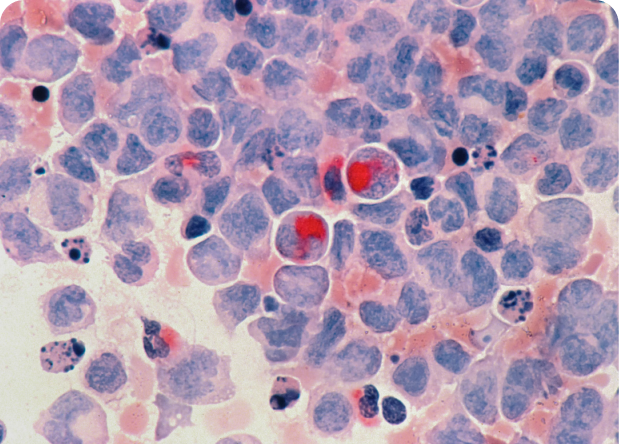Healthcare and life sciences
Accelerate medical research and improve treatments without compromising patient privacy
The application of Artificial Intelligence through Sherpa.ai’s Privacy-Preserving platform will allow the prediction algorithm to improve the diagnosis without the need to share any patient data. This platform may enable testing of diagnosis and therapeutics for a group of diseases that are currently without specific treatment options.
Senior Investigator and Acting Chief Neurogenetics branch at NIH
Use cases

Collaborative Training of Clinical Models
Hospitals and research centers can join forces to improve diagnoses without sharing medical records.

Early Detection of Rare Diseases
Combine distributed knowledge across multiple institutions to uncover patterns hidden in isolated datasets.

Personalized Treatment Plans
Design therapies tailored to each patient while maintaining full data control and regulatory compliance.

More Efficient Clinical Trials
Speed up validations and enhance accuracy by integrating federated data from multiple medical centers.
Rare disease detection
This study demonstrates how Sherpa.ai applies Federated Learning to classify images and predict rare diseases using data from different hospital in NIH and the UCL in United Kingdom; all without transferring sensitive data. The approach enhances predictive accuracy while minimizing energy consumption and bandwidth usage — allowing participation to hospital with different technical requirements


